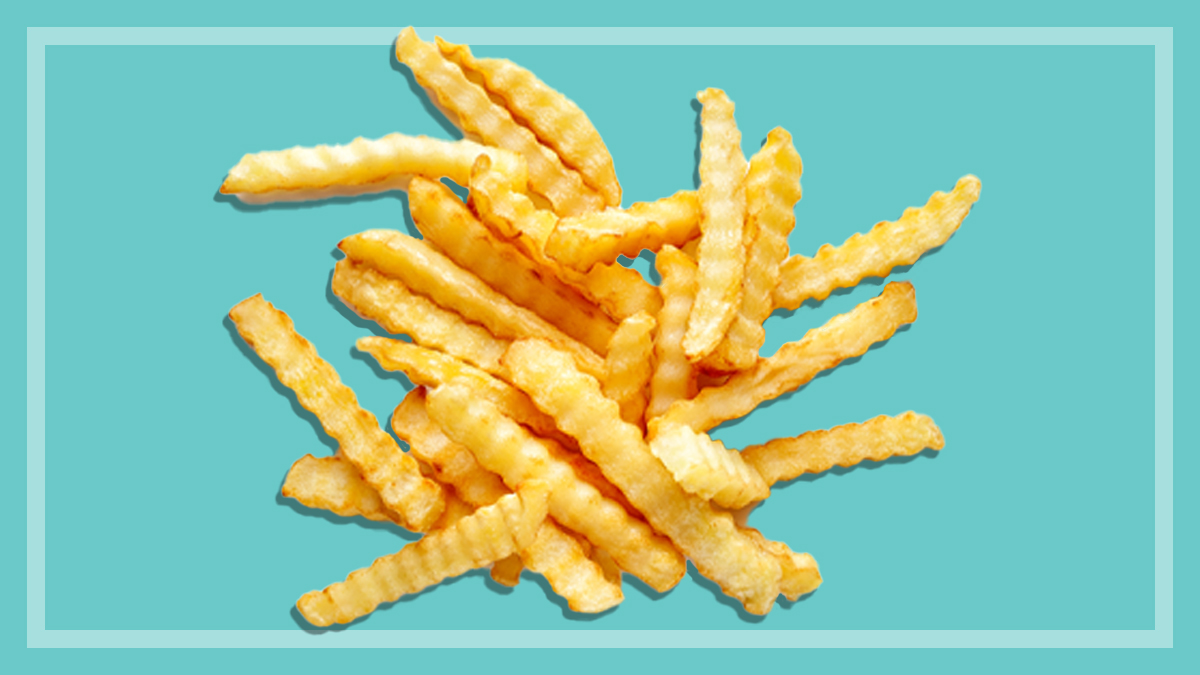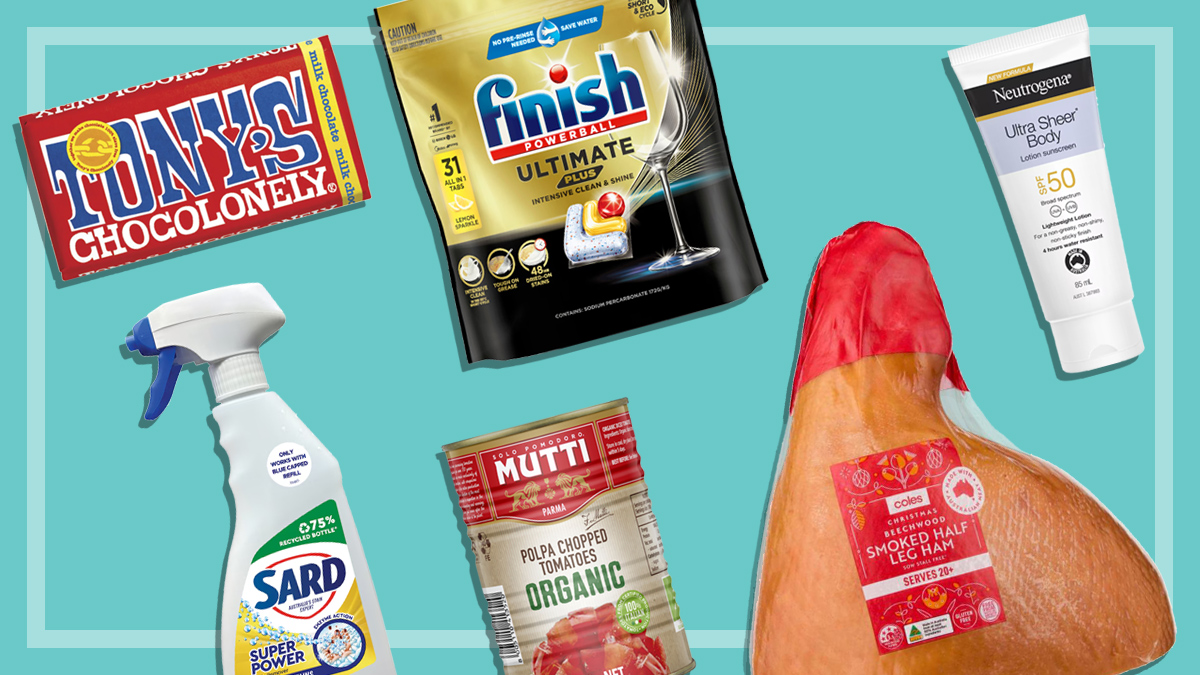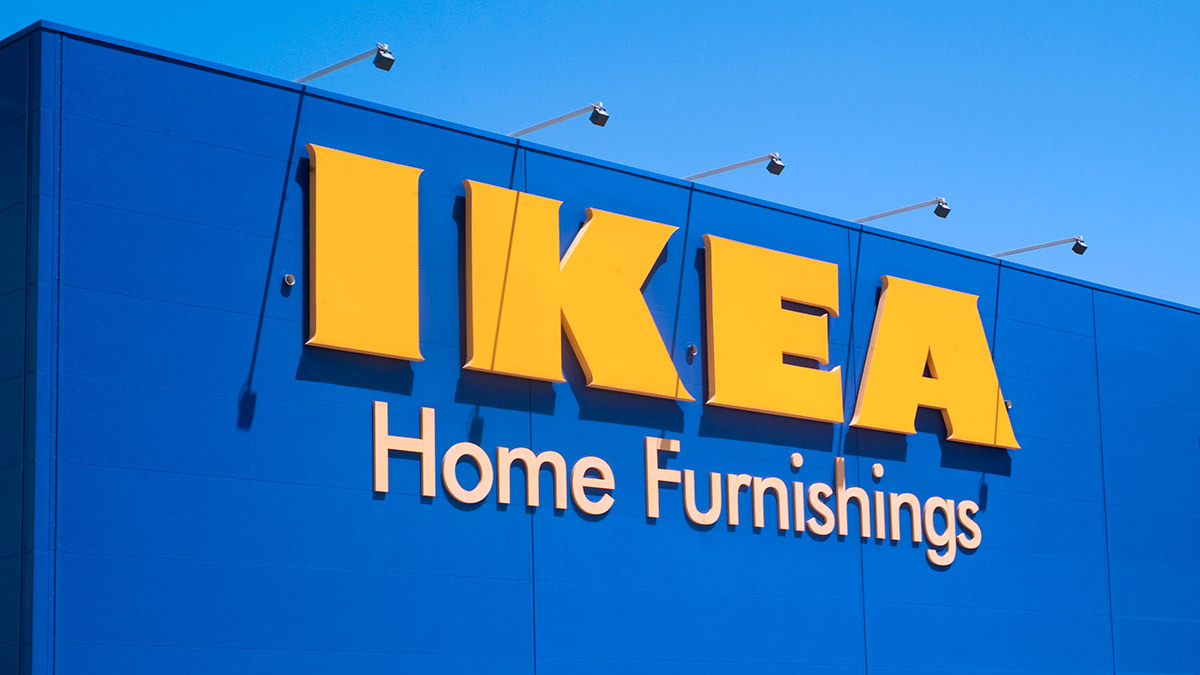Get our independent lab tests, expert reviews and honest advice.
Cheapest fruit & veg: Fresh, frozen or tinned?
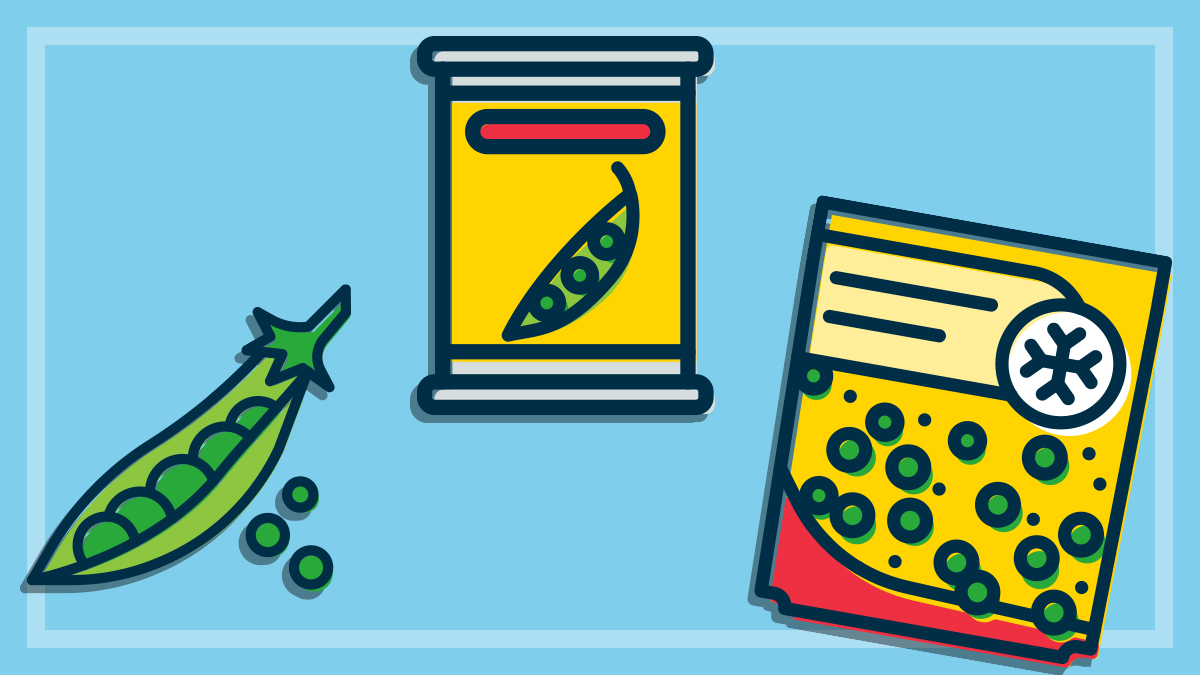
Need to know
- Frozen and tinned produce can be a cheaper alternative to fresh fruit and vegetables
- While canning and freezing can affect nutrition, frozen food in particular can sometimes be better for you than fresh
- Frozen and tinned products can be particularly good value when you want to buy out-of-season produce
As Australians continue to struggle with increased grocery costs, there’s never been a better time to rethink our shopping habits.
Our March 2024 Consumer Pulse Survey found once again that the cost of food and groceries was a concern for Australians, with 87% reporting they were worried. This level of concern has remained consistently high since March 2022.
With so many of us looking at ways to pay less at the checkout, we investigated whether you can save by choosing frozen and tinned alternatives to fresh fruit and veg.
Is frozen as good as fresh?
It’s a common misconception that frozen fruit and vegetables are less nutritious than fresh. In fact, frozen produce can even be more nutritious than fresh, because of the time it takes to harvest, store and transport fresh produce.
Alice Bleathman is an accredited practising dietitian based in Queensland. She says that the nutrients in frozen foods are preserved because fruits and vegetables are typically frozen shortly after harvest.
“Frozen fruit and vegetables are almost like-for-like in terms of nutritional value compared to fresh. There can be slight variations, but the differences are usually negligible,” she explains.
The nutrients in frozen foods are preserved because fruits and vegetables are typically frozen shortly after harvest
However, processing methods, the ripeness of produce when harvested, the storage conditions and the use of additives can impact the quality of the frozen product.
To ensure you’re choosing quality frozen fruit and veg Alice suggests you do the following.
“Always read the labels and check for added salts, sugars and preservatives. Choose reputable brands with good quality control practices and check the packaging, avoiding those with ice crystals or signs of freezer burn which can indicate temperature fluctuations,” she says.
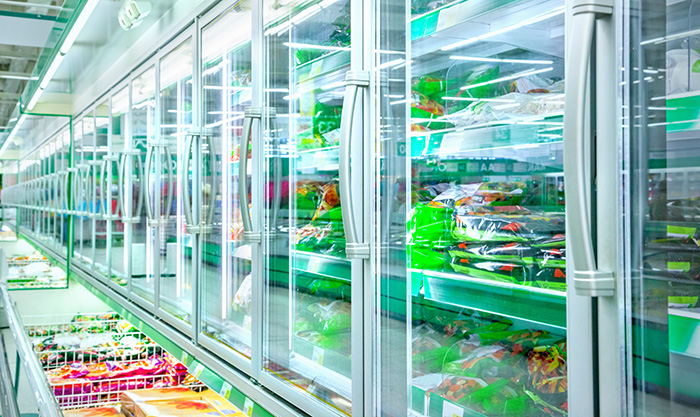
Pros and cons of frozen fruits and veg
Pros:
- Convenience: Frozen products are easy to keep in the freezer for when needed, and will keep for far longer than fresh produce, helping to reduce food waste.
- Price: Can be cheaper than fresh (particularly for out-of-season items).
- Taste and texture: Frozen fruit (e.g. mango or berries) or vegetables (e.g. spinach portions) are great in smoothies because when blended, they create a creamy, frosty texture. The flavour can be slightly different, but whether that’s good or bad depends on your preference.
- Versatility: Frozen fruits and veg are an excellent substitute in a wide range of recipes, both sweet and savoury.
Cons:
- Taste and texture: Thawed produce is softer than fresh, so frozen produce may not be suitable for every application (for example, you probably wouldn’t put frozen mango in a salad in place of fresh). The flavour of frozen produce may also be slightly different to fresh.
- Packaging: Frozen foods are almost invariably sold in plastic packaging, which means more plastic waste.
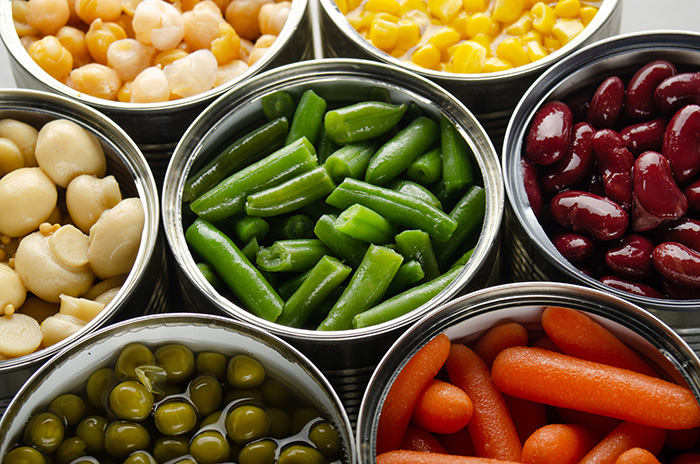
How do tinned foods compare?
Another alternative to buying fresh produce is tinned fruit and vegetables.
While the canning process may reduce certain nutrients, others remain stable, and in some cases, the heating process can increase the availability of certain antioxidants. For example, lycopene – the compound that gives tomatoes their red colour – is linked to a lower risk of cardiovascular disease, and as a result of the canning process, you’ll get more of it in tinned tomatoes than in fresh.
Look for products with no added sugars, low sodium and minimal preservatives
However, you do need to be cautious. “The nutritional quality and overall value of tinned fruit and veg can vary widely based on several factors,” warns Alice.
Whether or not tinned fruit and veg are heat-treated is one factor to be aware of. You should also check to see if syrups or brines are used in the canning process.
“Syrups can add extra sugars, increasing calorie content, while brines can add extra sodium,” explains Alice.
To make sure you’re choosing quality fruit and veg, read the labels and look for products with no added sugars, low sodium and minimal preservatives. Check the condition of the can and avoid tins that are dented, bulging or rusting, which can indicate contamination.
Pros and cons of tinned fruits and veg
Pros:
- Convenience: Tinned food is easy to have on hand and quick to prepare. For example, canned beans are pre-cooked and ready to use, which can save considerable time compared to soaking and cooking dried beans.
- Price: Can be cheaper than fresh or frozen. Tinned vegetables such as beans and legumes can also be a great way to cheaply bulk out dishes such as stews and soups.
- Longevity: Canned foods last a long time if properly stored, some for as long as five years.
Cons:
- Texture: The canning process changes the texture of food so it isn’t a great substitute for foods you usually eat raw.
- Flavour: Depending on the type of food you are buying, the flavour of tinned fruit and vegetables can be quite different to fresh.
- Additives: Some tinned fruit and vegetables are preserved in syrups and brines which may have added sugar and sodium, so it’s important to check the ingredients list and nutrition panels on the back of the tin.
Best price fresh
We found the following fruits and vegetables were the best value when bought fresh, but bear in mind that prices can vary significantly across the year.
Apples (Granny Smith)
Apples (Pink Lady)
Avocado
Bananas
Beetroot
Broccoli
Carrots
Cauliflower
Onions
Peaches
Pears
Pineapple
Potatoes
Tomatoes
Best price frozen
At the time of writing, we found the following fruits and vegetables were the best value when bought frozen.
Blackberries
Blueberries
Corn (cobs)
Green beans
Pomegranate arils
Raspberries
Spinach
Strawberries
Best price tinned
At the time of writing, we found the following fruits and vegetables were the best value when bought tinned.
Apricots*
Corn (kernels)
Mango*
Passionfruit*
*in syrup
How much can you save?
The average price difference between the cheapest and most expensive options when we compared fresh, frozen and tinned produce was around $11 per kilogram, but for some products the difference was much greater.
The biggest difference we saw was with passionfruit. Given that the average amount of juice and pulp in each passionfruit is about 18g, you’d need to spend more than $83 on fresh passionfruit to get a kilogram’s worth. In contrast, frozen passionfruit pulp will set you back around $19 per kilogram, and you don’t have to do the cutting and scooping. Tinned passionfruit pulp costs even less: just $6.50 per kg, though that’s in syrup.
The smallest price difference we found was with broccoli: fresh broccoli was cheaper than frozen by just 48c per kilogram.
Buying in-season can make a significant difference. Blueberries had the biggest price difference between the two times we checked prices (December and May): $36.73 per kilo. Blackberries, raspberries and strawberries were also substantially more expensive in autumn, as were tomatoes.
A note on pricing
It’s worth noting that we checked prices in late autumn when the cost of many fresh produce items is at its highest. For products that were not available fresh when we checked, we referenced prices from December 2023.
Where there was a big seasonal variation in prices (for example, with fresh berries) we also recorded the December price and used the cheapest price for the comparison. We also tried to ensure we compared like-for-like by calculating the usable portions of the products we checked.

